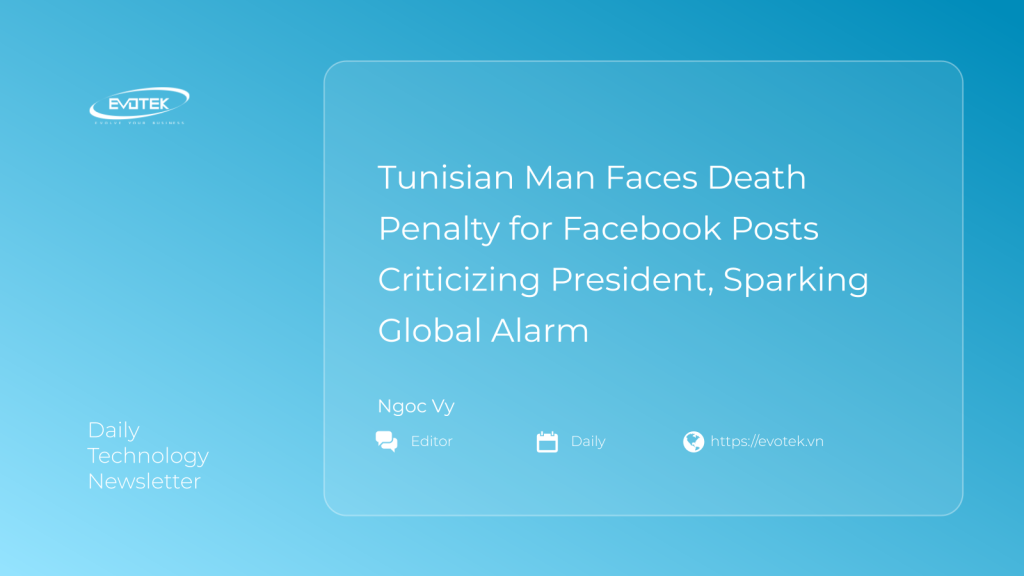TUNIS, Tunisia – In a shocking and unprecedented ruling, a Tunisian court has sentenced a 56-year-old man to death for charges related to “insulting the president” and “assaulting state security” through posts made on social media. The verdict, delivered in Nabeul, marks a significant escalation in Tunisia’s crackdown on free expression, drawing immediate condemnation from human rights advocates.
Saber Chouchane, a day labourer with limited formal education, was arrested last year following a series of Facebook posts critical of President Kais Saied. His lawyer, Oussama Bouthalja, described the ruling as “shocking and unprecedented,” confirming that an appeal against the death sentence has already been filed. The Justice Ministry has not yet issued a public statement on the matter.
Erosion of Free Speech and Judicial Independence
This severe judgment highlights the escalating restrictions on free speech in Tunisia since President Saied consolidated power in 2021. After dissolving the elected parliament and beginning to rule by decree, Saied’s administration has faced mounting criticism from international and local rights groups regarding the erosion of judicial independence and democratic norms. Opposition figures have openly labeled the president’s actions as a “coup,” with many prominent leaders subsequently imprisoned on various charges.
While Tunisian courts have occasionally issued death sentences, no executions have been carried out in the country for over three decades, raising questions about the true intent and implications of this particular ruling.
Family’s Despair and Public Outcry
The news has plunged Chouchane’s family into despair. “We can’t believe it,” stated Jamal Chouchane, Saber’s brother, expressing the family’s profound suffering from poverty, now compounded by “oppression and injustice.”
On social media, the sentence immediately ignited a wave of outrage, criticism, and even ridicule among activists and ordinary Tunisians. Many commentators interpreted the harsh ruling as a deliberate attempt by the authorities to instill fear among critics of President Saied, warning that such measures could further stifle dissenting voices and exacerbate already simmering political tensions within the nation.
Human rights organizations are closely monitoring the appeal process, emphasizing the critical importance of upholding fundamental freedoms and judicial fairness in Tunisia.

 日本語
日本語 한국어
한국어 Tiếng Việt
Tiếng Việt 简体中文
简体中文